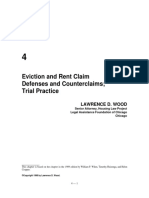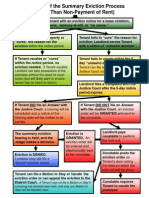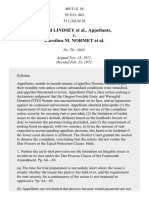0% found this document useful (0 votes)
65 views3 pagesFED Instr Ten
Uploaded by
SkitCopyright
© © All Rights Reserved
We take content rights seriously. If you suspect this is your content, claim it here.
Available Formats
Download as PDF, TXT or read online on Scribd
0% found this document useful (0 votes)
65 views3 pagesFED Instr Ten
Uploaded by
SkitCopyright
© © All Rights Reserved
We take content rights seriously. If you suspect this is your content, claim it here.
Available Formats
Download as PDF, TXT or read online on Scribd
/ 3























































































